Navigating the Gluten Free Internet
As an Amazon Associate and member of other affiliate programs, I earn from qualifying purchases.
The internet can be a great source of information. However, not all of it is accurate. This is problematic when using the internet to find Celiac Disease related info. Therefore, I want to share some tips on navigating the gluten free internet.
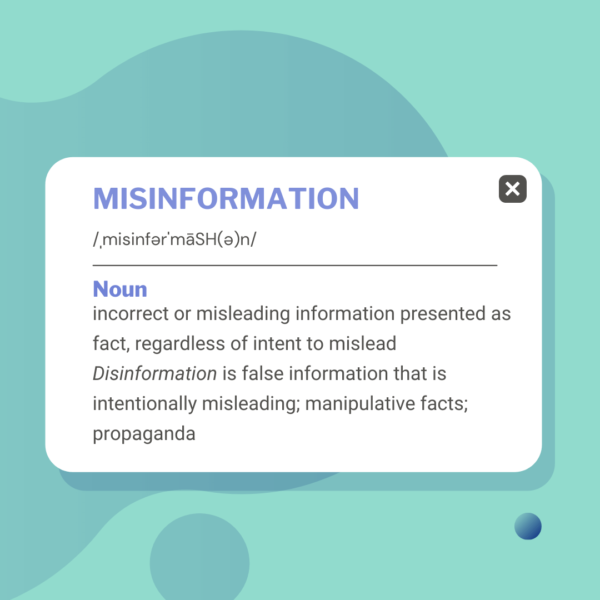
Misinformation vs Disinformation on the Gluten Free Internet
There’s lots of misinformation and disinformation. Misinformation is false information that is shared, but usually without ill intent. Think about the game of telephone you played as a kid. Someone says something, and by the time it gets to the end, the message is different.
Disinformation, however, is different. It is the dissemination of intentionally false statements. Sometimes accounts share disinformation to create fear or anger. Sometimes it’s simply for financial profit. as explained in this NPR article. Like THOUSANDS of dollars. Both misinformation and disinformation on the gluten free internet can negatively impact us physically and emotionally, as we strive to stick to our gluten free diet.
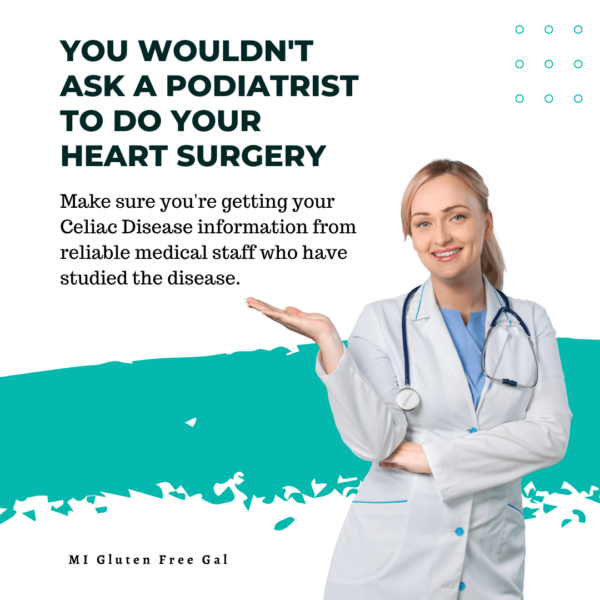
Where Do You Get Your Gluten Free Information From?
When it comes to Celiac Disease, where we get our information from is as important as the info itself. For instance, I wouldn’t go to my podiatrist for heart surgery. Likewise, you need to get your gluten free information from someone who has spent considerable time studying (or living with) Celiac Disease.
My husband is an 8th grade teacher. He teaches internet safety to his students. One of the guides on this topic that he finds helpful is this Guide on Evaluating Resources from Berkeley University.
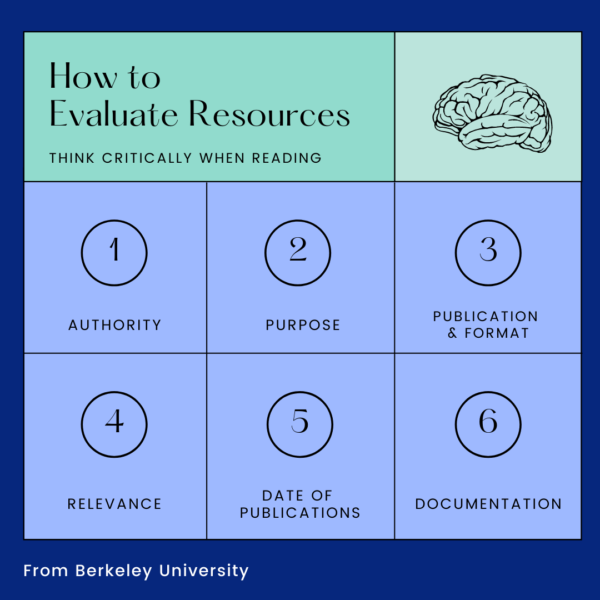
Things to Consider When Reading Gluten Free Posts on the Internet
When you encounter any kind of source, consider the following:
Authority – Who is the author? What is their point of view? What are their credentials?
Purpose – Why was the source created? Who is the intended audience?
Publication & format – Where was it published? In what medium?
Relevance – How is it relevant to your research? What is its scope?
Date of publication – When was it written? Has it been updated?
Documentation – Did they cite their sources? Who did they cite?
Primary vs Secondary Sources
Consider the source while searching for information on the gluten free internet. Does someone’s summary of a study actually match the conclusions of the researchers? When someone shares something, can you find a primary resource to back up their statement? Be a conscientious sharer.
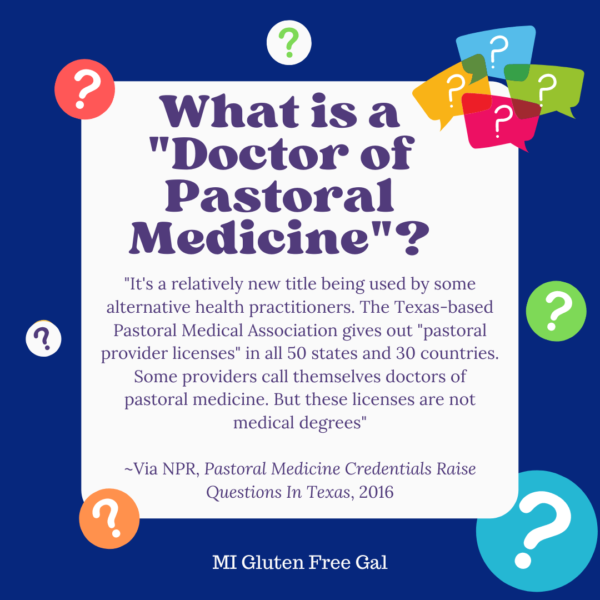
Celiac Medical Professionals and Qualifications
Doctors
As Celiac Disease interactions happen in the intestine, gastroenterologists are the experts in this field. It’s true that some are more knowledgeable than others. However, this is who you should seek out for testing. These types of doctors will often have an M.D after their name (possibly a D.O.), showing their certification.
However, there are plenty of people on the gluten free internet who may use the term “doctor,” that haven’t gone through medical school. Case in point- “Doctor” Peter Osborne of the “Gluten Free Society”. It isn’t until you get to the very bottom of his personal page, in fine print, that he states he’s not a medical doctor. His license is through the Pastoral Medical Association. As this NPR article on pastoral medical credentials points out, this is basically a credential that requires no medical school or internship.
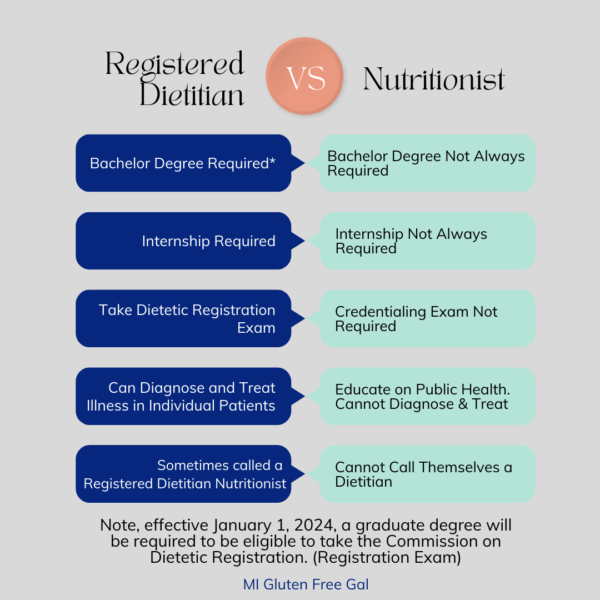
Dietitian vs Nutritionist vs Health Coach
I fear that the gluten free internet has led to confusion on how these professions are different. Of the three, a Registered Dietitian (R.D.) has the most extensive training and licensure. Dietitians must have a bachelor’s degree from an accredited university, complete an internship, pass a national exam, and complete continuing education credits.
A Nutrition Specialist must also have a degree, possibly in nutrition and/or in Public Health. They usually work to promote public health programs, as their license doesn’t allow them to diagnose and treat medical conditions. Both of these roles are important parts of community health.
What About Health Coaches?
What requirements are needed to be a health coach? VeryWell shares different Health Coach Certification Programs available. Some require college classes. However, a prominent program only required 6 months of training. No medical degree. No internship.
While it is possible that some online health coaches have bachelor’s degrees in a health related field, not all do. I recently read Oona Hansons’s article about how seeing a health coach negatively impacted her health and her relationship with food. Those with Celiac Disease are already at a greater risk for eating disorders. Please be careful about who you take dietary advice from.
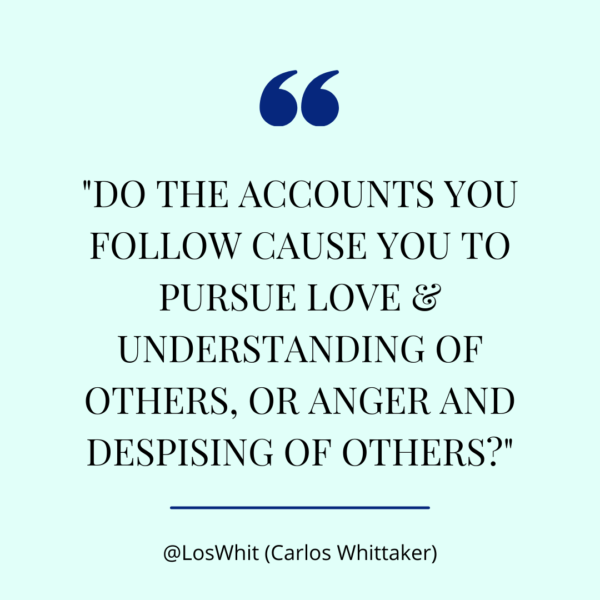
Gluten Free Social Media
Influencers and Celiac Disease Advocates
Many people on gluten free social media realm, like myself, are people living with Celiac Disease, with no medical degree. We share our experience, products, and information from Celiac Disease non-profits and other resources. Some of us have been been living with the disease for a long time. Others have been recently diagnosed. One thing to remember- The higher number of followers does not necessarily mean more in depth knowledge or expertise.
What Kind of Person Does Social Media Inspire You to Be?
There are lots of great, caring people in the gluten free community. However, be aware of people who make divisive statements or use fearmongering to grow their social media and website reach. The more emotional a post is, the more likely you are to react and engage. I find Tobias Stockwell’s article How Your Fear and Outrage are Being Sold for Profit, to be very enlightening.
Also evaluate how their posts make you feel and interact with the world. I love the above quote and Instagram post from Carlos Whittaker. In it he asks “Do the accounts you follow cause you to pursue love & understanding of others, or anger and despising of others?” I see SO many social media posts that are basically “clap backs” at people who don’t understand the gluten free diet. But making us angry without giving us ideas for solutions, doesn’t help either.
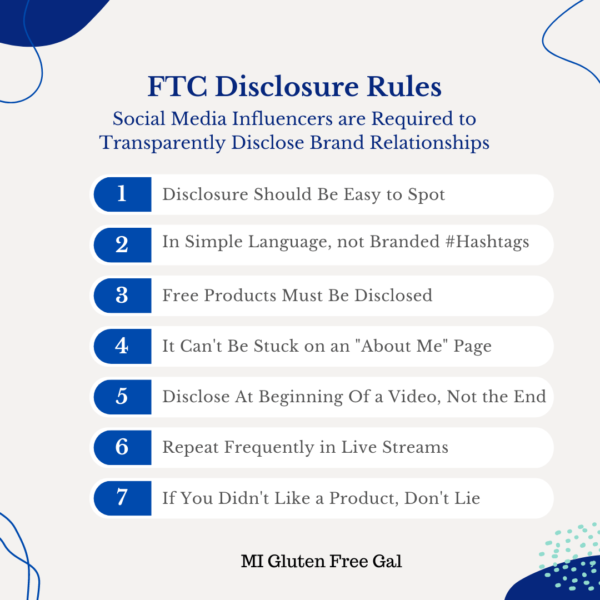
Financial Disclosures Required by the Federal Trade Commission
Did you know that the Federal Trade Commission has rules on how social media accounts must disclose product and profits they receive? Those that fail to do so could be fined by the FTC. More than that, gluten free social media accounts should always be transparent & honest about free products they receive or sponsored posts they share. Make sure you’re following accounts who are being honest in all they do on social media.
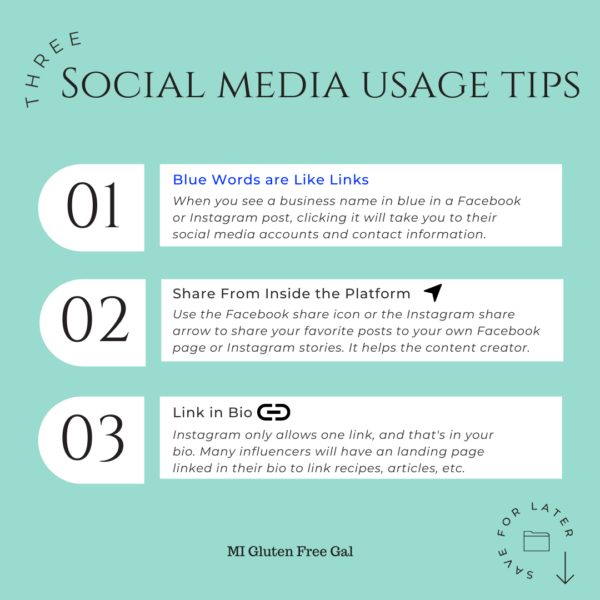
How to Wisely (and Kindly) Use Facebook and Instagram
Part of using the gluten free internet is knowing how to use various platforms wisely. For example, Facebook groups can be very helpful. One of the benefits is that anyone can post their thoughts, opinions, or product finds there. However, that’s also their downfall.
If you see something in a group that doesn’t seem legit, first alert the group administrator. Then try to see if you can find a primary source to confirm or disprove their statement. If you can provide a reputable link, that’s great. However, this does not mean to start a heated dispute in the comments. What you say reveals your integrity more than theirs.
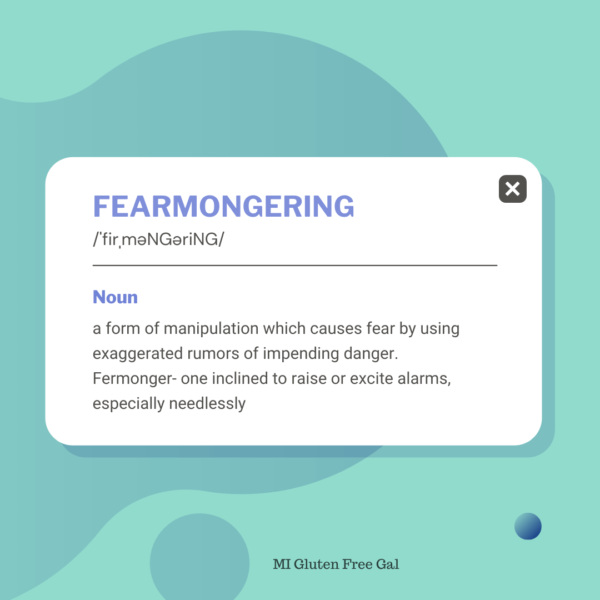
The Connection Between Social Media, Fear and Mental Health
Last week, I chatted with a friend about her concerns about the gluten free internet. The amount of fear (and fearmongering) she sees in Facebook groups is troubling. She brought up a great point. If we constantly live in fear, what coping mechanisms are we passing on to our children? Especially if the child is the one with Celiac Disease?
While Celiac Disease is serious, and we do need to be aware of what we’re eating, hypervigilance can dramatically lower our quality of life. Sometimes, participating in online gluten free chats, full of misinformation, can exacerbate that. Facebook and online groups CAN be helpful. Just be wise in what kind of internet “diet” you’re consuming.
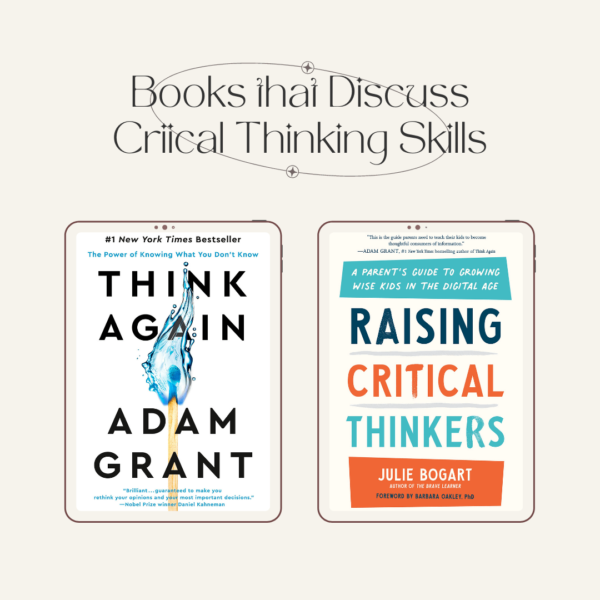
Learning to Be a Critical Thinker, Online
Now more than ever, we need to learn to think critically about what we read on the gluten free internet. This includes both questioning what we see, but also being willing to unlearn mistruths we’ve held on to. For our gluten free community to flourish, we need to learn how to interact with those whom we disagree. If the rest of the world think gluten free is “weak” or “whiny,” we need to prove them wrong by being strong, together.
I offer a few recommendations for books on critical thinking. Adam Grant’s book “Think Again” offers great insights on being willing to listen and reevaluate ideas. I read great reviews about the book, “Raising Critical Thinkers: A Parent’s Guide to Growing Wise Kids in the Digital Age.” This might be a good read for adults, too, parent or not. (Book links are Amazon Affiliate links. I earn a small commission. It does not impact your cost.)
Final Thoughts on the Gluten Free Internet
There are many great benefits to the online Celiac Disease community. While I’m technically the advocate, I learn so much from my followers. New restaurants, new products, and sides of living with Celiac Disease I may not have thought of before. Please know this post is not meant for you to kick the internet and social media to the curb.
I just want us to digest what we read on the internet, wisely. Think about why someone may have written something. Does the tone they use make you feel enlightened and more confident, or despondent? In the end, my goal is to help you feel more informed and capable to live with Celiac Disease. And to live it abundantly.
Looking for sites with trusted information? Check out my list of Celiac Disease Resources, including support groups that meet face-to-face in Michigan. In addition, I share Facebook groups I belong to, and trust.
Originally Published in 2022

One Comment